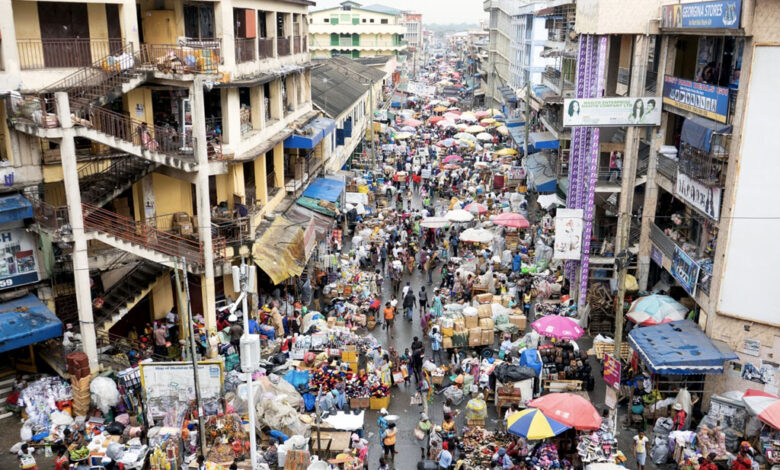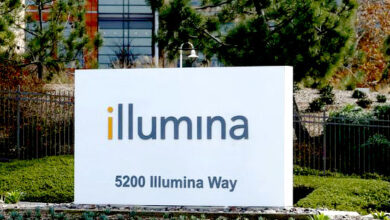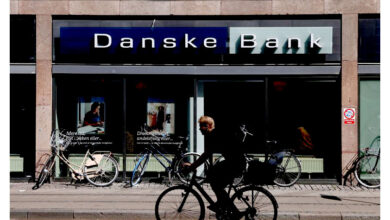West African Nations Facing Challenges in Raising Funds from Regional Debt Market

According to financial market sources, West African countries within the eight-nation economic and monetary union are struggling to raise funds on the regional capital market. This is due to investors demanding higher interest rates as liquidity tightens. In recent weeks, Senegal, Mali, Niger, and Burkina Faso have cancelled or postponed bond issuances, and Ivory Coast failed to issue local currency debt in March. As a result, states may have to seek alternative, cheaper financing sources, such as the International Monetary Fund (IMF), to avoid budget shortfalls.
Director of Abidjan-based financial services firm Majoris Financial Group, Isidore Tanoe, stated that there is currently a severe liquidity crisis for states on the regional financial market. He believes that interest rates offered do not reflect the reality of the market, and that interest rates should be between 6.5% and 6.80% instead of the 5.80% to 5.95% offered by governments currently. Ivory Coast, the largest economy in the West African Economic and Monetary Union, failed to raise 85 billion CFA francs ($142 million) through bonds issued at an interest rate of around 5.5%, but returned to the market to raise the funds at an interest rate above 6%. The country plans to raise 3.1 trillion CFA to finance its 2023 budget, with 2.5 trillion CFA expected to come from the regional market.
Mali, Benin, Burkina Faso, and Senegal have all had to postpone debt auctions. Senegal returned to the market to raise over 201 billion CFA at an interest rate above 6%. According to economist Emmanuel Kwapong at Standard Chartered Bank, commercial banks, which make up more than 80% of the investor base for government securities, have seen their liquidity positions deteriorate. West Africa’s regional central bank, the BCEAO, raised its main lending rate to 3.00% from March 16 to bring inflation within its target range of 1-3%, as inflation was around 6% in January. Kwapong believes that financing needs have increased due to the deterioration in the region’s fiscal position following global external shocks.
Soualiou Fadiga, executive director of the regional stockbrokers association, stated that countries will have to seek bilateral assistance to avoid budget deficits and continue to finance projects. He added that there will be a scarcity of financing, and the solution for the states is bilateral resources such as from the IMF. Ivory Coast, Senegal, and Benin have international sovereign bonds, for which yields have soared as developed country central banks have hiked interest rates, making new foreign currency bonds unaffordable for many small emerging markets. Ivory Coast reached an agreement with the IMF earlier this month for a $2.6 billion loan, while Senegal will start negotiating for a new programme at the IMF spring meetings next month.





